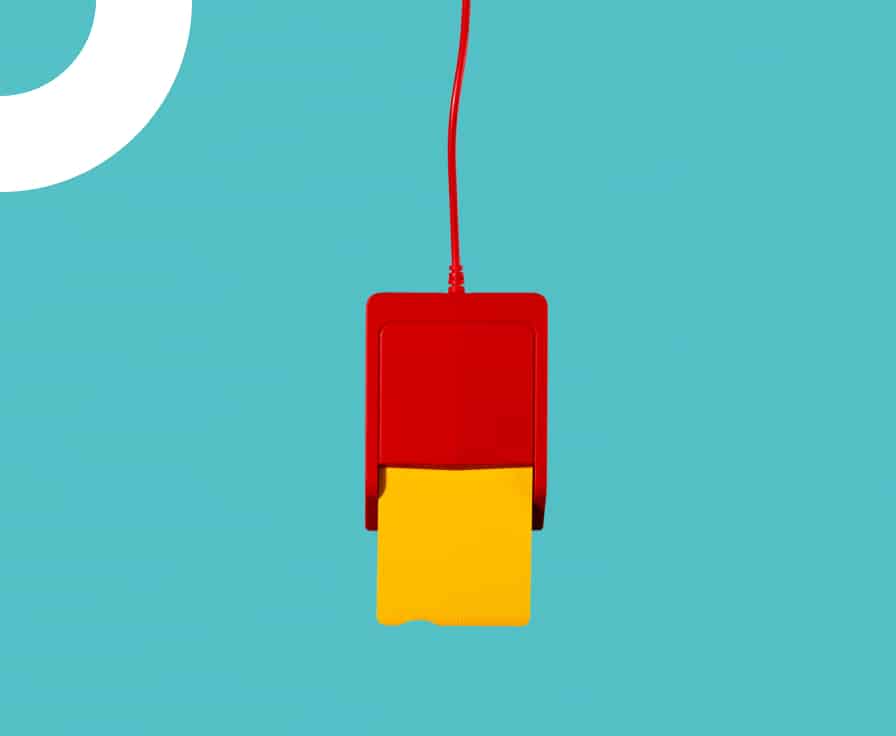
Log In
Access your Paynt Portal profile by providing the required login credentials.

First of all, you can either accept or decline the chargeback. Accepting a chargeback means that you agree with the cardholder’s/issuer’s claim and agree to the financial loss of the …
First of all, you can either accept or decline the chargeback. Accepting a chargeback means that you agree with the cardholder’s/issuer’s claim and agree to the financial loss of the chargeback. Declining a chargeback means that you disagree with the claim against you and you want to initiate a further dispute process. Please note that chargeback can be declined only when the claim is invalid or unjustified and when sufficient evidence is available. Compelling evidence is formed in accordance with the specific reason code of the chargeback, so see the Dispute Management Process or contact the Dispute Team to get more information about the required documentation.
If you want to know the status of an ongoing chargeback case, our Dispute Team can provide this information upon request. They can also share the chargeback statistics for a specific timeframe, if you ever need such insights.
Chargeback or Dispute. When the buyer is unhappy with the purchase, has not received it or it was not as described, he/she can submit a request to his/her bank that issued …
Chargeback or Dispute. When the buyer is unhappy with the purchase, has not received it or it was not as described, he/she can submit a request to his/her bank that issued the card and request funds to be returned. This is called a chargeback or a dispute. The issuing bank will review the request and decide whether it’s reasonable. If the request is approved the funds are automatically deducted from the merchant settlements by the acquirer.
Retrieval Request is a request from the credit card issuer or cardholder made to the acquirer or merchant to obtain a proof of a questioned transaction. Most of such requests are made to support an investigation into fraud, validate a chargeback, or in response to a customer’s request.
Pre-Arbitration happens when a merchant doesn’t agree to a chargeback, thus initiating an additional cycle of disputing a transaction between the acquirer and the issuer without involving the Arbitration Committee.
Arbitration is a final stage of the chargeback case when the documents are filed to the Arbitration Committee and a Card Organisation takes a final decision on financial responsibility between the disputing parties. Before filing an arbitration case, the customer must file a pre-arbitration case to resolve the dispute and must allow the other participant at least 30 calendar days to respond.
Representment (same as Dispute Response) is the stage in which the acquirer disputes a chargeback by gathering compelling evidence to disprove the cardholder’s claim to the issuer.
Refund is a transaction used to transfer the funds from the merchant’s account to the same customer’s account that was previously used to purchase the goods or services from the merchant.
Reversal is a payment cancellation or recall of the transaction, but only if it is done within the same day and only if the transaction is pending. After the transaction has been fully processed, a reversal is no longer possible, only a refund can be processed.
Chargeback Reversal – occurs when a merchant prevails in the dispute process and has his funds returned to the acquirer and then to the merchant. Chargeback reversal can happen even before the merchant has submitted their response to the dispute – for example, when the cardholder submits a cancellation of the chargeback.
The chargeback amount can vary when the card’s issuing country and merchant’s country differ. For example, if an American client purchases something online from a European merchant and completes checkout …
The chargeback amount can vary when the card’s issuing country and merchant’s country differ. For example, if an American client purchases something online from a European merchant and completes checkout in EUR their issuing bank debits the card in USD. If later a chargeback is submitted for that transaction, the issuing bank will require the same value in USD, but as the currency conversion rate might have changed the chargeback amount will differ.
Your actions will depend on where the original payment and the refund were done. For POS terminal transactions:If the refund was made within the last 24 hours: If the refund …
Your actions will depend on where the original payment and the refund were done.
For POS terminal transactions:
If the refund was made within the last 24 hours:
If the refund was made over 24 hours ago:
Please note that a successful refund may take 5-7 business days to appear on your customer’s bank account. For further clarification, we recommend that your customer contact their bank.
For refunds over 7 business days old that still haven’t been credited, even after your customer has spoken to their bank, please contact us at [email protected]. To help us investigate the issue, provide us with the following:
For Ecommerce transactions:
To confirm the status of the refund, please check the payment gateway portal at either of the below links:
Please note that it may take up to 7 business days for the refund to appear in your customer’s account. If the refund was successful and was made over 7 business days, please contact us at [email protected] with the following information: transaction ID, date, credit card BIN and last 4 digits, and we will look into the issue.
If you’re unable to access your gateway portal, let us know and we will restore access for you.